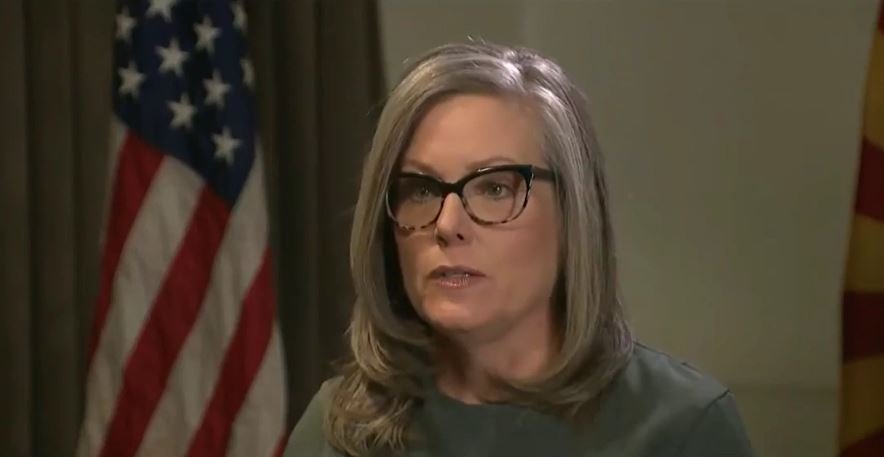AHCCCS
Hobbs Cleans House: Resignations of Key AZ Health Officials Spark Senate Confirmation Controversy

By Jonathan Eberle |
Arizona Governor Katie Hobbs confirmed on Wednesday the resignations of two key health officials: AHCCCS Director Carmen Heredia and Department of Health Services Director Jennie Cunico. This decision follows the Republican-controlled state Senate’s refusal to confirm their appointments.
The resignations highlight ongoing tensions between the governor’s office and the Senate’s Director Nominations Committee, chaired by Republican Senator Jake Hoffman. The committee has intensified its scrutiny of Hobbs’ nominees, indicating it would reject both Heredia and Cunico. According to Hobbs’ office, the resignations were necessary due to this lack of support from Senate Majority members.
“This announcement underscores the Senate Committee on Director Nominations’ dedication to evaluating the governor’s nominees,” said Hoffman. He criticized Heredia for allegedly mismanaging the procurement process for healthcare services, asserting that a judge described it as “arbitrary and capricious.” Hoffman claimed Heredia ignored critical feedback and acted with a lack of transparency, which he called arrogant.
Hoffman also pointed out Arizona’s severe Medicaid fraud crisis, stating it resulted in over $2 billion in taxpayer losses. He detailed disturbing instances where patients in sober living facilities faced abrupt evictions due to AHCCCS’ mishandling of provider suspensions. Many vulnerable individuals were left without support or resources during a critical period of treatment. Hoffman warned that the failings of Heredia’s leadership left a detrimental impact on Arizona’s healthcare system.
The Committee on Director Nominations aims to thoroughly vet nominees to ensure competent leadership in state agencies. Hoffman affirmed their commitment to selecting non-partisan candidates, emphasizing the need for effective oversight in health services.
Heredia, who assumed leadership of AHCCCS in early 2023, had been credited with significant reforms that generated nearly $1 billion in Medicaid fraud recoveries. She also expanded healthcare access for working-class families and initiated pivotal behavioral health programs. However, consistent criticism from Senate Republicans highlighted her management of Medicaid contracts and the ongoing fraud crisis.
While no formal confirmation hearing occurred for Heredia, it became apparent that she did not have the support needed to continue. In her resignation letter, Heredia acknowledged the difficulties posed by the current political environment.
Cunico also faced challenges within the Senate concerning executive appointments. She stated, “It is clear to me that there is no path forward to confirmation,” reflecting the broader political conflict.
These resignations indicate a growing power struggle between the Democratic governor and the Republican-led Legislature. Hobbs condemned the politicization of the confirmation process, warning that it hampers the recruitment of qualified public servants.
“These resignations stem not from governance failures, but rather from political ones,” Hobbs remarked. “The citizens of Arizona deserve leaders evaluated by their performance, not their party affiliation.”
As the search for replacements for these crucial positions begins, the future of nominees remains uncertain amid increasing ideological divides.

















